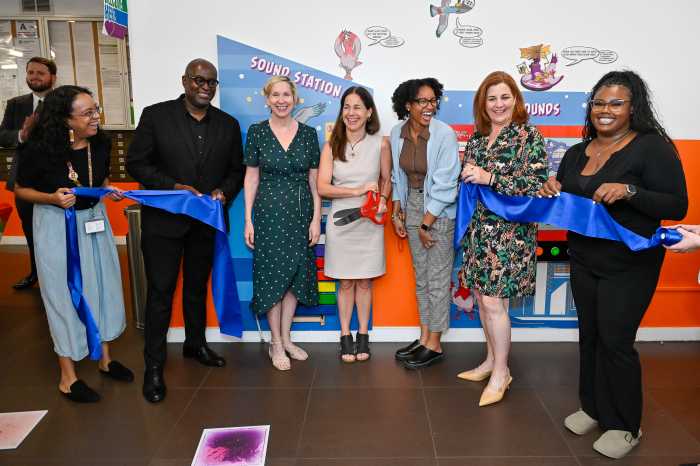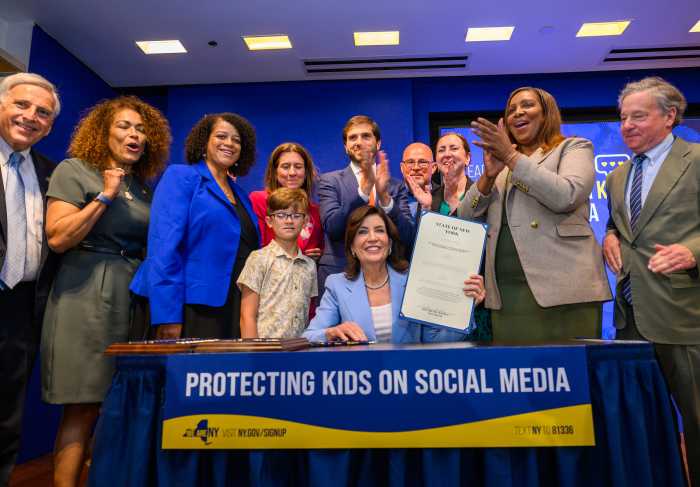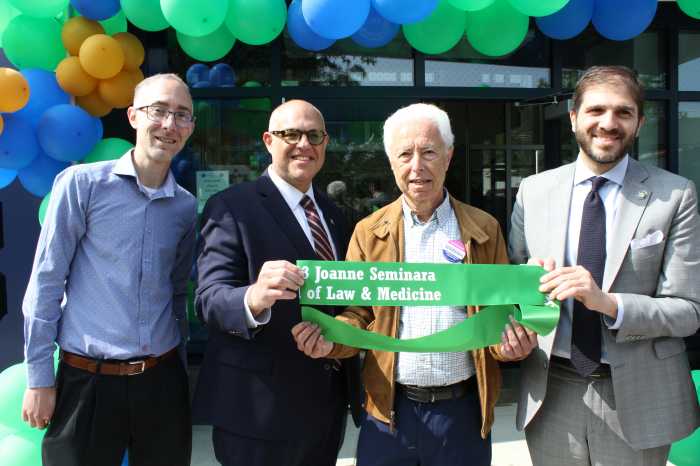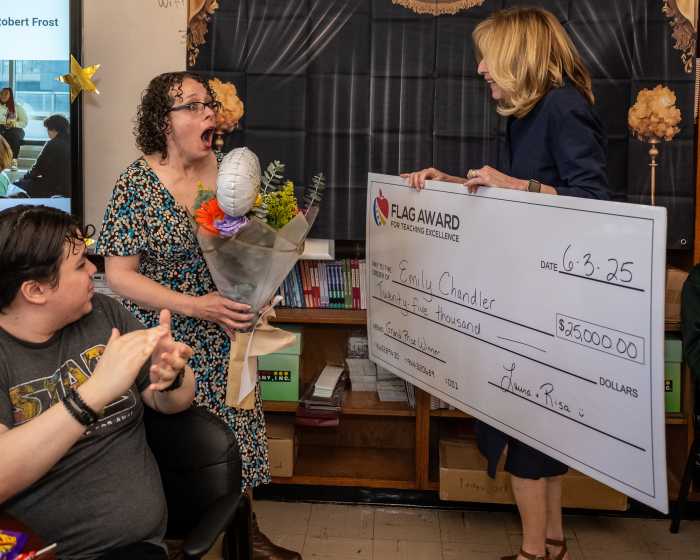There is a biblical saying. “Do unto others as you would have done unto you.”
It sounds good. In theory, it should work, to treat others how you would want to be treated. But I don’t think it usually does. Why? Because even though on a base level, as humans, we have a ton in common, we are all unique and we want and require different treatment.
Therein lies the rub of human interaction. I might need a hug when things get rough, while someone else may need to be left alone. I might need to talk deep into the night, and someone else…well, someone else might want to put in headphones and shut out the world.
This is the dilemma of relationships. What can we realistically be expected to do for others when every individual person might need something slightly different, when we absolutely cannot assume that they need the exact things we need?
In recent years, I have amended the saying to the seemingly more external focused, “do unto others as they would have done unto them…” In other words, pay attention to what others might want, and try to give it to them.
But is that reasonable to expect, that we can actually figure out what other people need and give it to them? We can go a lot further toward figuring what to do with other people when they have actually done the work to figure it, and they ask for what they need, or want, when they are direct and aware of exactly what they require from others. But, let’s face it, is that even possible?
Yikes. This is why relationships require fearlessness. It’s brave to even contemplate that you could please another human, that you could have some role in their happiness, some part to play in their well-being. Often it can feel like the opposite, that we hurt those closest to us with our own neediness and expectations and our failure to figure what they need when they need it.
One has to be a sleuth, and a spy. One has to listen closely and read between the lines. People are complicated and confused. Even those who dedicate their lives to learning how to help others, the best-trained therapists and Masters of Psychology and Psychiatry… well, even they do not know how to “fix” the psyche, how to frame things for people so that they slap themselves upside the head and say, “Thank you! Now I’m cured!”
There is no “cure,” I don’t think; no fast pill or plan that can so quickly and easily be the solution to the problems that plague a person. We cannot count on others or a single other to “save” us. But we can close our eyes and drum, or draw or dance, and we can make our way through the thick outer layers of “reason” that have built a crust around our hearts, and we can attempt to feel, to find that place of inner knowing that resembles something like truth, and maybe then we can figure how to relate to others. Maybe then we can ask of them what’s reasonable or maybe slightly possible to give to us so that we might feel connected.
I write all this and then I take a break. I go on Facebook and I see lots of photo of smiling people, of couples and groups of friends and families standing arm in arm. And then I wonder… maybe it’s just me, sitting here, that finds this whole “connecting” thing hard, who sits and mulls it over and feels slightly cowed by the whole darn process of giving and receiving love. Maybe it’s easier for some people, and that old adage works for them, cause they all want the same thing.
I have no statistics to back up my suppositions either way. I don’t know for sure that every individual struggles with their attempts to relate to others, to be supportive or to get supported. But anecdotal evidence belies the blanket attempts we make on social media to pretend everything is hunky dory and that it’s easy to create beautiful meaningful connections.
I hear from enough people offline to know that it’s a struggle to maintain positive connections for most humans. But I also know that the struggle is worthwhile, that even through the bitter moments, and the tears, the pleasure we can give one another sometimes, on rare occasions maybe, makes it worth a try.

























